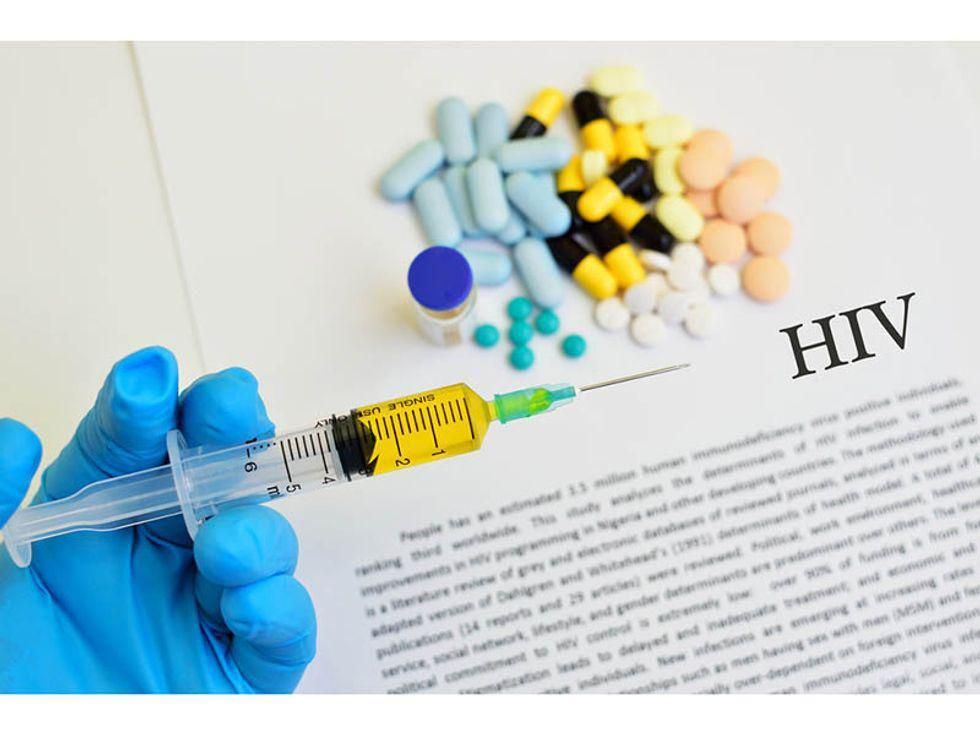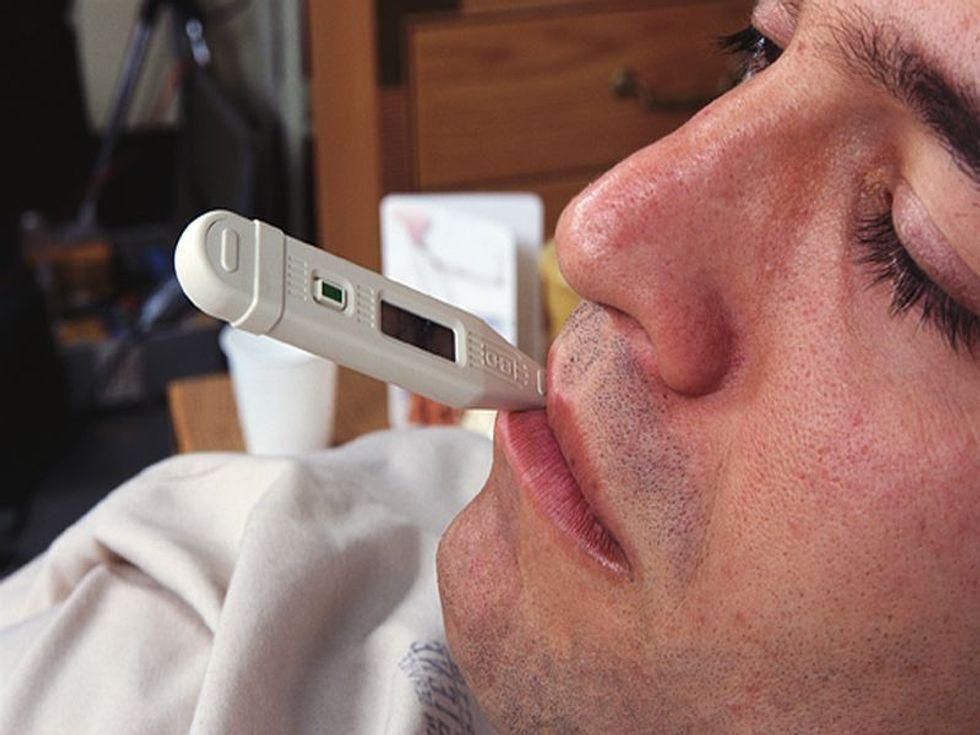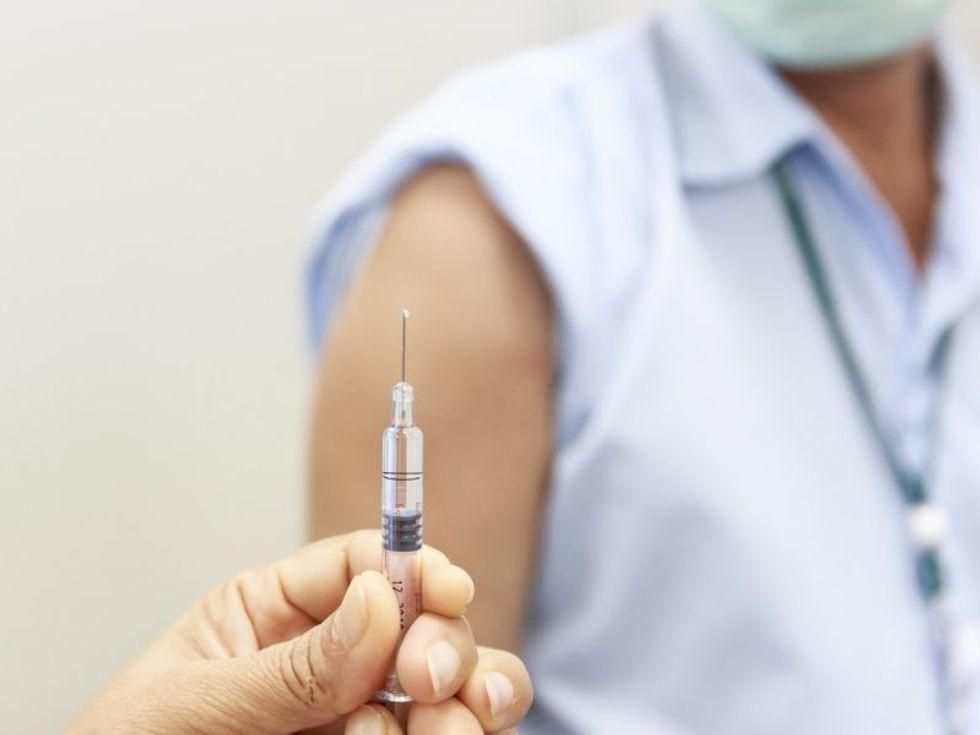
The wildfire smoke now smothering wide portions of the United States isn’t just stinging eyes and tightening chests — it also might be contributing to the current surge of severe COVID-19 cases. Data from three Western states subject to frequent wildfires shows that COVID-19 cases and deaths increase with the amount of smoke pollution in… read on > read on >






























